Sustainable fisheries
Introduction to Artisanal Fisheries
________________________________
___________________________
What is an artisanal fishery?
Artisanal refers to catch or effort that is neither industrial nor recreational in nature, and which is generated using simple fishing methods (International Commission for the Conservation of Atlantic Tunas - ICCAT).
The UN Food and Agricultural Organization (UNFAO) defines artisanal fisheries as, “traditional fisheries involving fishing households (as opposed to commercial companies), using relatively small amounts of capital and energy, relatively small fishing vessels, making short fishing trips, close to shore, mainly for local consumption. In practice, definition varies between countries. They are sometimes referred to as small-scale fisheries.”
ABTA’s tuna fisheries meet the definition of artisanal as defined by ICCAT and the UNFAO.
Why is this important?
The Problem: Fishing Capacity
The industrialization of fisheries worldwide began more than half a century ago and has resulted in the sustained development of fleets of fishing vessels of vastly increasing size and fishing capacity. Today, as a result, fish stocks worldwide are subject to unprecedented harvesting pressure.
Hard Lessons Learned
The west Atlantic bluefin tuna population was overfished to unsustainable levels by large scale purse seine and longline fishing operations during the 1970’s and early 1980’s. Since then, fishing regulations have evolved over time that have diminished the role of industrial fishing to the point in which today, industrial fishing is subsidiary, expressed in metric tons of catch, to the role of the artisanal fishery in the US Atlantic bluefin fishery.
The conservation issues of the Atlantic yellowfin, bigeye and albacore tuna fisheries are quite different from that of Atlantic bluefin. But one aspect is the same for all four fish stocks: these tuna species are a critically important Atlantic-wide resource to be shared equitably and sustainably among all Atlantic fishing countries.
The artisanal element in the US tropical tunas fishery is unique for a highly industrialized nation. It speaks to the fact that the U.S.'s priority is to conserve certain fish stocks rather than support a much higher level of harvesting that would satisfy the needs of industrial harvesters but would impede the rebuilding of certain fish stocks. Our artisanal fishery specifically addresses the need for greater conservation and its participants earnestly continue to advocate for a reduction in industrial harvesting capacity.
The role of ABTA’s artisanal fishermen in the tropical tunas fisheries has identical value to that of its role in the Atlantic bluefin fishery, although our tropical tunas fishery is today dominated by industrial fishing. Our small-scale, artisanal fisheries have become an exemplar for what it means to fish sustainably, by using fishing gear that minimizes bycatch and by catching one fish at a time.

